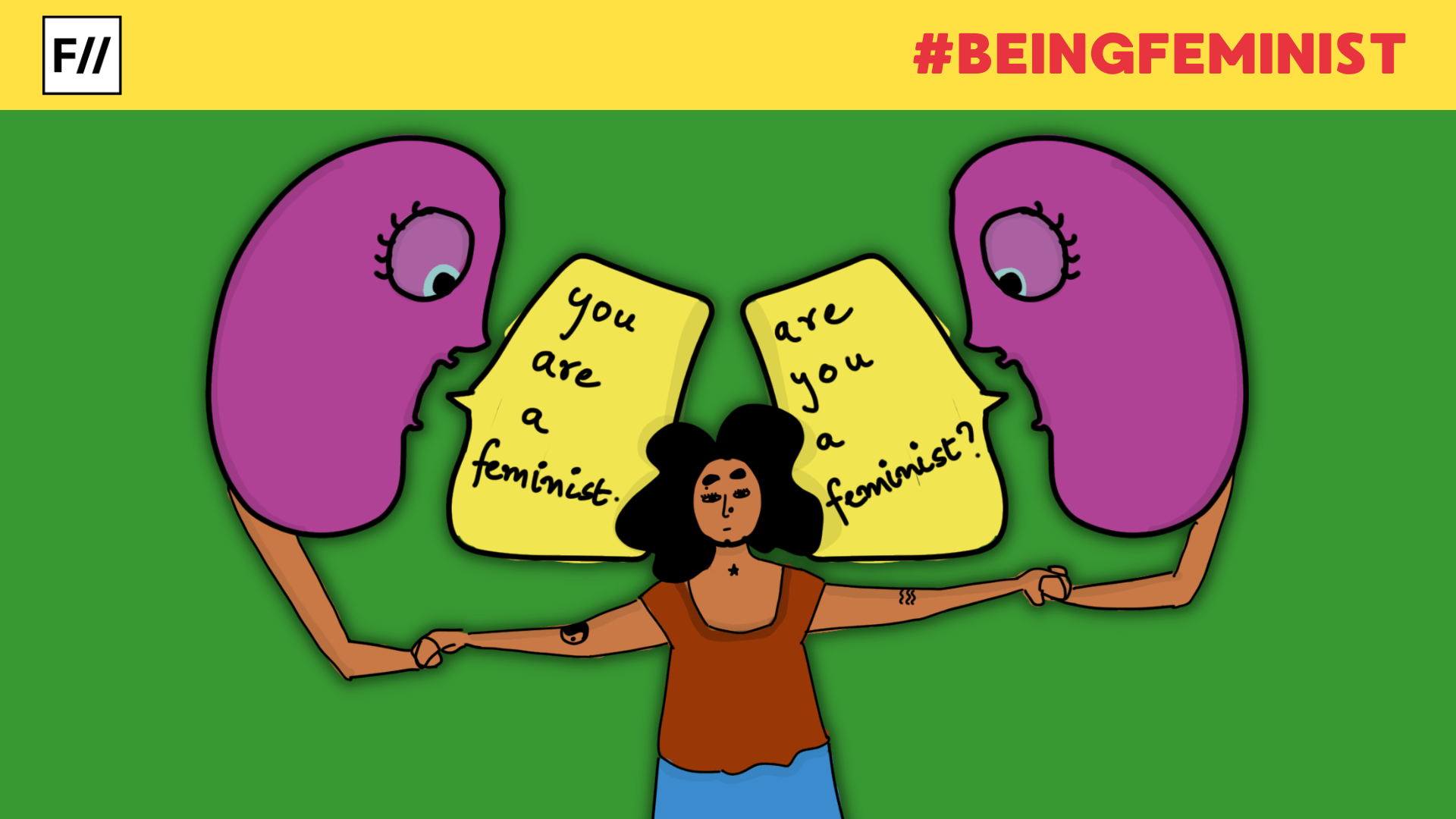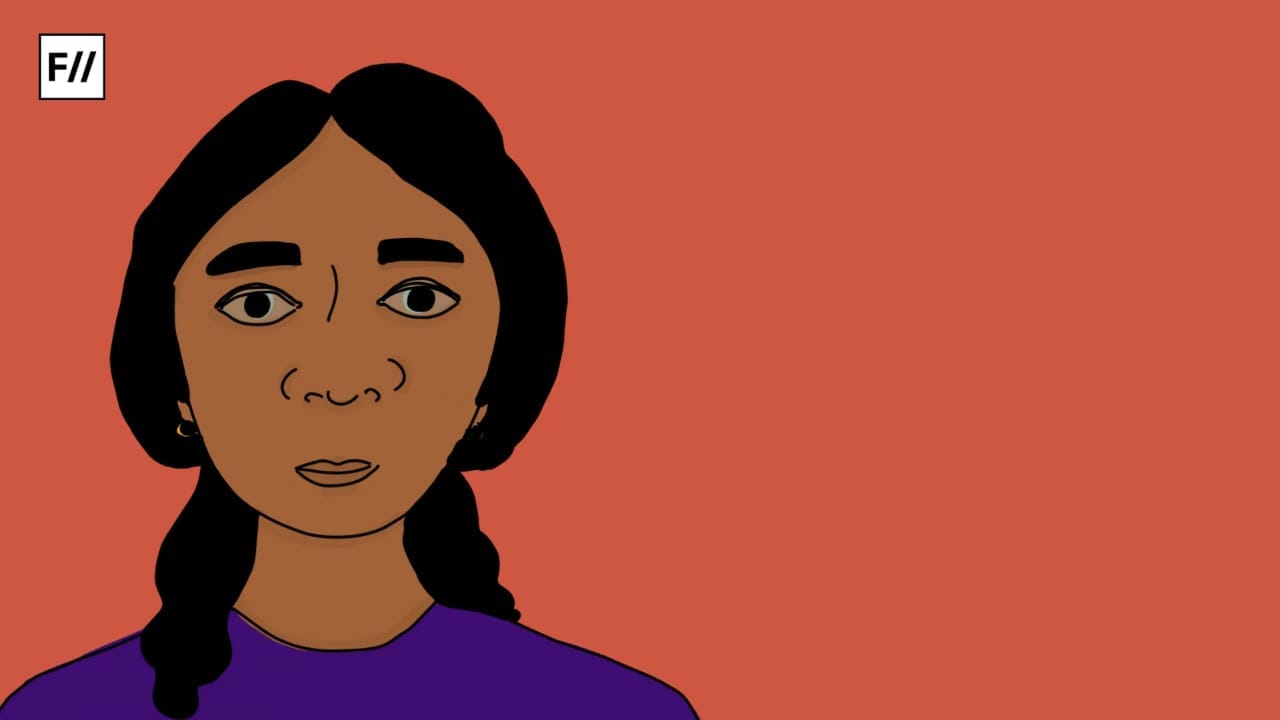Identifying oneself as a feminist means navigating a plethora of definitions, ambiguities, and accusations related to this term. Every feminist, at some point in their life, struggles with conciliating some aspect of their life with this political stance that they’ve taken of being a feminist. They might feel like a fraud or inadequate, hypocritical flagbearers for gender equality. I have felt this, too, as I like to engage in occasional shopping, cheesy paperbacks marketed especially for women, and avoid playing sports.
As a feminist, I’ve always attempted to balance my views with the reality I’ve grown up with — often dissecting, analysing, and reinterpreting my various life experiences. From a very young age, like any other girl, I was presented with toys which reinforce gender roles.
I thought being a feminist meant projecting an unconventional image — defying ordinary gender performance and embracing characteristics associated with masculinity. It took me time to realise that this superior value that I had allocated to traditional male activities was in itself indicative of a patriarchal mentality.
I would play with my intricate doll houses and elaborate kitchen sets; I would engage in the conventional games associated with these toys including dressing up and “house-house” (imitation of managing a typical household) which delineated the conventional feminine activities.
Also Read: Gaining Confidence In My Feminist Identity
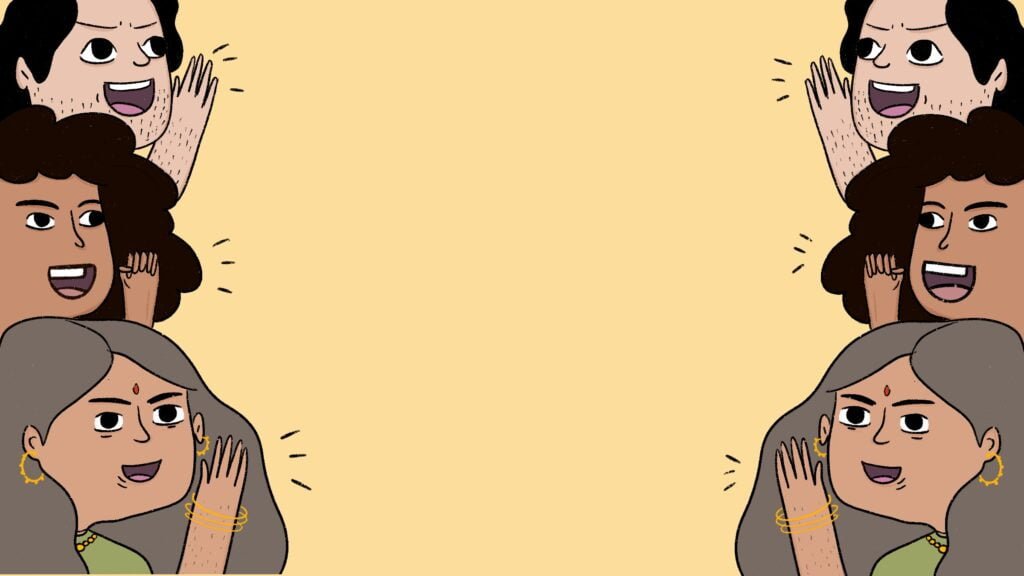
Later in my life, I discovered that Roland Barthes remarks that these toys are used as socialisation techniques: preparing the child for the roles envisaged for them in the adult world. I understood the conditioning that Barthes emphasises as I remembered that those games became so ingrained in my mind that even when I was gifted with more gender-neutral toys I would stick to feminine-oriented games. For instance, when gifted a Lego set, I used it to further stock my kitchen sets — converting the Lego pieces into substitutes for food.
During my school years, many times, I felt ashamed that I had succumbed to a gender stereotype of being reluctant towards sports and indulging in more superficial activities such as shopping. I thought being a feminist meant projecting an unconventional image — defying ordinary gender performance and embracing characteristics associated with masculinity. It took me time to realise that this superior value that I had allocated to traditional male activities was in itself indicative of a patriarchal mentality.
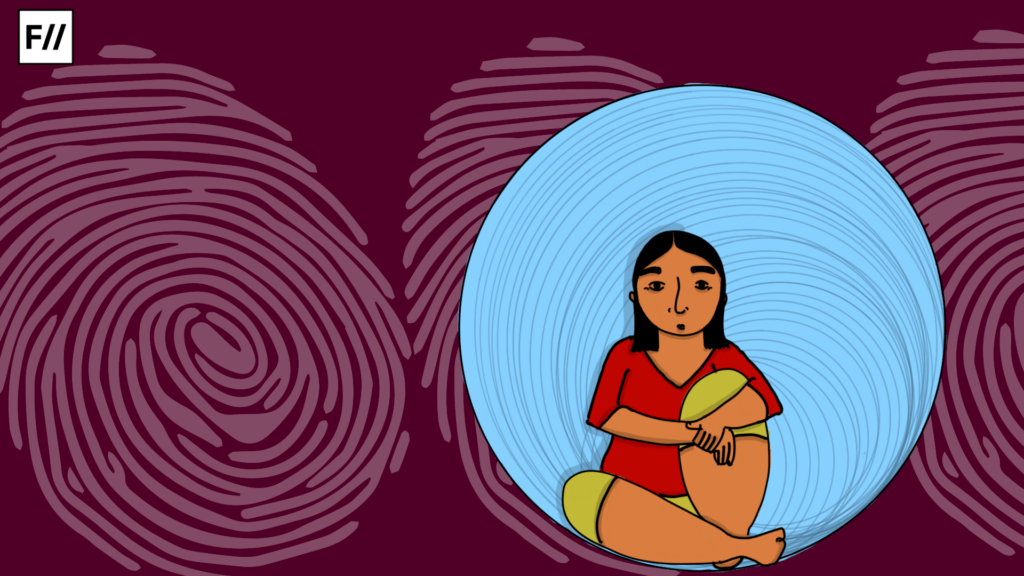
Playing and watching sports, because it has been considered masculine, is given more weightage over activities which are considered feminine: makeup, shopping, dressing up, Etc. These are considered shallow and frivolous, and I realised that many women tried to distance themselves from these to adopt manly qualities which gave them more confidence and self-respect. It is this undermining of femininity which is reflected in the derogatory opinions about shopping and dressing up which makes both men and women embarrassed to accept these.
All of this made me realign my definition of feminism. With its large scope and intersectional approach, it’s difficult at times to isolate the characteristics which would make up a feminist identity. Like gender itself, feminism is also performed in various manners. I then went back to a simple, yet powerful, notion of feminism which I had grasped in my teenage years: feminism is equality for all genders.
This definition allowed me to possess a more flexible and liberal idea of feminism: at its core, it contained a ‘live and let live‘ philosophy. Feminism, then, became an umbrella term for me to combat all sorts of gender discrimination: encompassing the private and the public, different social dynamics, and different genders.
Focussing on the private sphere, I decided to understand and counter the subtler suggestions of misogyny: sexist jokes such as on women’s driving or the poor husband trope, trivialising women’s anger and emotions, villainising assertive women, and demarcating gender roles within the familial space. These seemingly small aspects of patriarchy ultimately normalise larger oppressive frameworks; it is the discursive power enabled by these acts that allow ideological validation of bigger problems of patriarchy.
This allowed me to dismiss accusations of “feminazi,” “man-haters,” or any other disparaging remarks about feminists. During my undergraduate years, I found many people feeling uneasy about linking themselves to feminism. I remember that during one of my lectures, our professor asked who here identifies themselves as feminists. Being in a classroom full of liberal-minded humanities students, I had expected many hands to go up. However, I was surprised that most people shied away from this term, and instead, they proclaimed ideas of gender equality without the label of feminism.
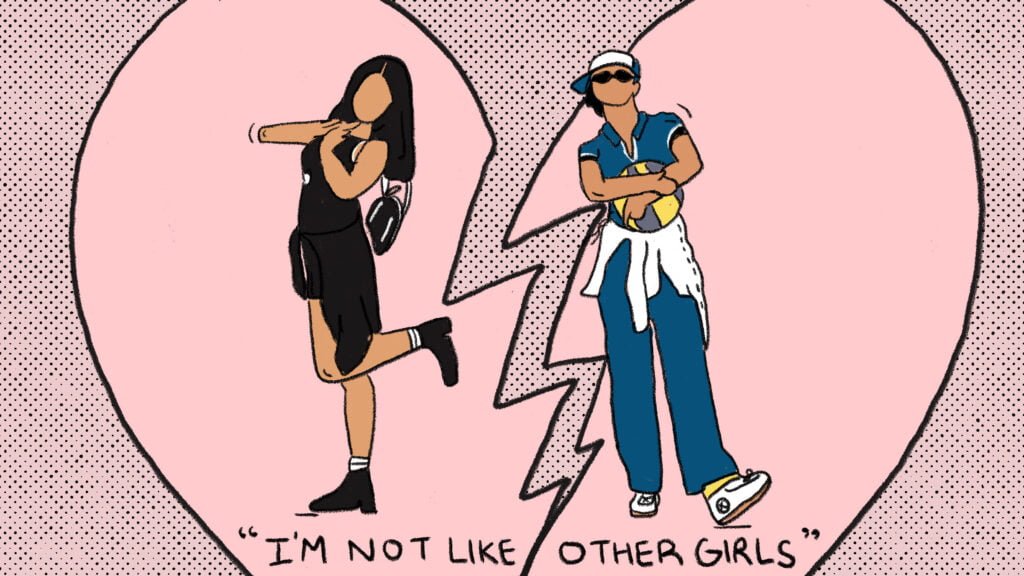
This was largely due to the negative images and stereotypes associated with feminism to squash the political potency of the movement. When people cannot come together to identify as a collective group, the possibility of any larger social change becomes slim. I’m often berated by the idea that feminism is selective in its representation and involves double standards. In response, I’m reminded of the first day of my college, when our lecturer addressed these concerns by remarking that traditionally it was women who were the oppressed group, and therefore, being a feminist is simply an attempt to undo any sort of suppression. It is this inclusive definition of feminism that I’ve come to adopt.
One of the most poignant examples of this I found in my own home. I realised that my mother —despite my occasional arguments with her on gender norms and feminist ideas — has exhibited feminist potential in bravely resisting the taunts she faced for having only a female child.
As a graduate in the field of humanities, I often came across many nuanced feminist theories and ideologies. Beyond the literary jargon, they, too, charted women’s history and their systematic subordination: for instance, Simone de Beauvoir’s Second Sex which analyses the socio-historical frameworks that quintessentially place women in an inferior position, or Virginia Woolf’s A Room of One’s Own which questions a woman’s more material situation in preventing her from pursuing literary advents. The common aspect of all these works was how they situated their theories in the lived experience of women.
It made me understand that feminism is not an abstract idea, used to make oneself appear “woke” and modern, but it is the evaluation of individual realities of women. This made me more sensitive towards my personal sphere and identify the particular instances of misogyny and feminist resistance to them.
One of the most poignant examples of this I found in my own home. I realised that my mother —despite my occasional arguments with her on gender norms and feminist ideas — has exhibited feminist potential in bravely resisting the taunts she faced for having only a female child.
Also Read: Navigating Arbitrary Domestic Labour Divisions While Being A Feminist
Focussing on the private sphere, I decided to understand and counter the subtler suggestions of misogyny: sexist jokes such as on women’s driving or the poor husband trope, trivialising women’s anger and emotions, villainising assertive women, and demarcating gender roles within the familial space. These seemingly small aspects of patriarchy ultimately normalise larger oppressive frameworks; it is the discursive power enabled by these acts that allow ideological validation of bigger problems of patriarchy. As individuals, it is here that we can bring some sort of feminist reform in attacking the misogynist mentalities of everyday life.
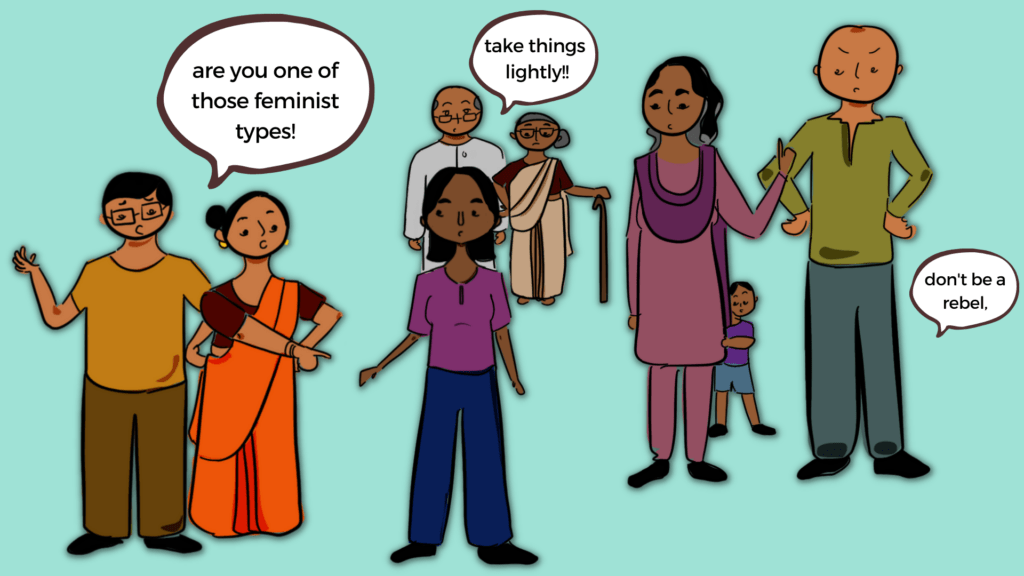
I, eventually, embraced the contradictions of my feminist identity. I’m no longer ashamed to engage in those feminine aspects which are seen in a negative light: frequenting malls and freely expressing emotions, alike. I’m no longer perturbed by remarks of being “too girly” as I do not see them as insults.
I no longer view gossiping with my friends as a demeaning activity; it after all promotes better female friendship and better decision-making abilities. It was my favourite author, Jane Austen, who further strengthened this idea for me that the so-called “female sphere” matters; she proved that female concerns, female thoughts, and the female community are important enough to be made subjects of many novels and then appreciated by a great many readers.
Also Read: Feminism And The Other Important Life Lessons I Learnt
As guilty pleasures, I’ve also indulged in clichéd romances and cheesy paperbacks. They might contain conventional heroes, overly used love plots, and quintessentially feminine ideas. However, I found merit in them as they often highlighted the female voice, female desires, and female gaze. Despite their literary shortcomings, their aim to appeal to the female audience make them still worthy of attention. As a literature student, I’ve realised that in their popularity and entertainment value for many women, these works provide a means of escape and validation of their inner desires.
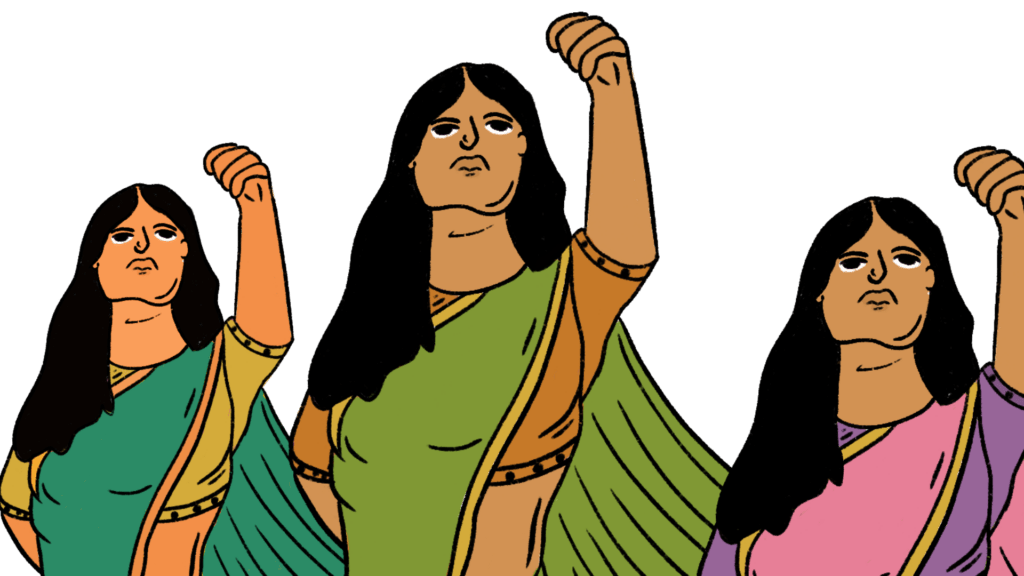
Finally, I’ve realised that by espousing a broader definition of feminism, I’ve freed myself of those narrow accusations and restrictions put on feminists. Feminism can be linked to thoughts and actions against any form of gender discrimination. This not only allows more people to associate with this movement but also allows people like me to successfully understand and resolve the identity conflicts they face while being a feminist.
